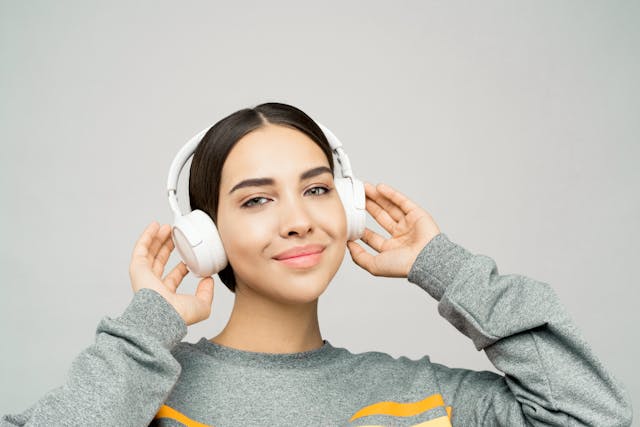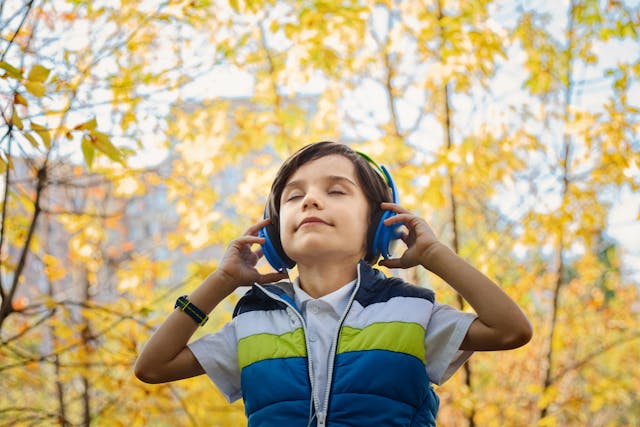Music has been part of human culture for centuries. It transcends language and borders, it’s part of rituals, celebrations and fun. Enjoyment is just one part; music also affects mental health.Music therapy uses sound to help people heal and de-stress and improve life. As more people look for natural ways to be healthy music therapy is getting more noticed. It supports those who are physically or emotionally challenged.The power of music is now widely accepted in today’s world. It’s a major player in overall wellness and health. Music connects us all; it’s importance for wellness can’t be overstated.
The Science of Music Therapy
Music therapy is brain science and human behaviour. Research shows music affects your mind and body. It stimulates parts of the brain related to feelings, memories, language and movement.When you listen to or create music your body releases dopamine and serotonin. These chemicals help control how you feel by promoting calmness and happiness. This is why music can improve well-being.Studies show music therapy can treat many conditions such as anxiety, sadness, chronic pain or post surgery recovery. It’s safe for anyone to try as it’s non-invasive.This way you can improve physical health and mental wellness at the same time. Using musical elements helps in recovery and balances emotions. Its popularity proves how important music is in treatment today.

Applications in Mental Health
Music therapy can improve your mental health. If you have anxiety, depression or PTSD music might help. Therapists choose songs and rhythms to help you express feelings. These songs create a space where you feel safe to explore emotions. This journey helps you heal and grow within yourself.For example a therapist might ask you to listen to a song that matches how you feel right now. This helps you identify your emotional state and the therapist supports you to explore those feelings and build resilience over time.
Group music therapy is also great for social connection among participants. It brings together people who often feel alone because of their mental health struggles like anxiety or depression. Group singing or playing instruments allows people to connect through shared experience. In places like music therapy Adelaide, these sessions are designed to enhance well-being and foster emotional connections through music.This support network is for many who are going through tough times including PTSD. In general music therapy uses musical elements for emotional recovery and to connect people and improve overall mental wellness through sound.

Music Therapy in Physical Rehabilitation
Music helps with physical recovery, not just emotions. One way, rhythmic auditory stimulation (RAS) helps stroke and Parkinson’s patients with movement. RAS uses steady beats to make walking and reaching easier.The brain likes rhythm which helps with movement control. For those with neurological issues, fun music can motivate better movement. In rehab settings music therapy also addresses pain management.Listening to or creating music shifts attention from pain to beats and feelings. This distraction reduces the feeling of pain during surgeries or chronic conditions. The joy of music lifts spirits and relaxation which supports healing.
Music therapy is a drug free option alongside traditional treatments in a patient centric way. It benefits recovery from brain injuries and other physical traumas—body and mood for faster rehabilitation.In short music therapy enhances the whole experience of getting well by engaging minds and bodies together and meeting emotional and physical needs through techniques like RAS that shows the power of sound.









Leave a comment